QMUL: Advancing Next-Gen Wireless Networks with the AI-RAN Alliance
 The collaboration between academic institutions and corporate entities fostered by the AI-RAN Alliance is vital to the rapid and effective development of new technologies.
The collaboration between academic institutions and corporate entities fostered by the AI-RAN Alliance is vital to the rapid and effective development of new technologies.
Academia brings foundational research and a focus on AI-native architectures; cutting-edge, theoretical, and simulation-driven models; and rigorous testing and standardized data practices. Corporates bring real-world data and large-scale infrastructure for testing; expertise in translating research into viable products and standards; and economic and operational resources for driving global deployment. The combination creates a powerful test bed for new developments.
In a recent exchange with Dr. Antonino Masaracchia, a lecturer at the School of Electronic Engineering & Computer Science, Queen Mary University of London (QMUL) and contributor to the university’s pioneering research in next-generation wireless systems, we discussed how the desire to participate in such a dynamic environment drove QMUL’s membership in the AI-RAN Alliance.
QMUL: Pioneering AI-Enabled Wireless Communications
Working within the Communication Systems Research (CSR) group, Dr. Masaracchia ‘s role involves both research and teaching in AI-driven communication systems, actively contributing to innovation in wireless networks and collaborative industry-academic initiatives.
“Queen Mary University of London’s School of Electronic Engineering and Computer Science is internationally recognized for its pioneering research in AI-enabled wireless communications,” described Masaracchia. “The CSR group, under the leadership of Prof. Arumugam Nallanathan, has made foundational contributions to 5G and 6G systems, including areas like intelligent resource allocation, low-latency networking, and AI-native RAN design.”
The Power of Collaboration: QMUL and the AI-RAN Alliance
The university’s technology and research span the full network stack—from mmWave, full-duplex, and massive MIMO to UAV and IoT system intelligence—directly supporting the AI-RAN Alliance’s goal to embed AI throughout the RAN. “Our emphasis on AI-native architectures ensures alignment with the mission to build smarter, more adaptable mobile networks,” he explains.
Membership in the AI-RAN Alliance is a natural extension of QMUL’s core commitment to shaping next-generation wireless systems through AI. Through collaboration with leading academic and industrial organizations, QMUL aims to contribute its expertise to the Working Groups and drive global innovation in intelligent RAN technologies.
How AI Will Shape the Future of RANs
QMUL considers AI essential for evolving RANs into highly adaptive, self-optimizing systems capable of meeting the diverse and dynamic service requirements of the future. It enables efficient spectrum use and predictive resource management and allows for intelligent orchestration across all layers of the network architecture.
In the next five years, QMUL expects the biggest opportunities for AI-RAN to be:
- Real-time, AI-driven network control
- Energy-efficient RAN operation
- Scalable support for massive IoT and autonomous systems
AI-RAN can also accelerate innovation through simulation-driven design and continuous learning from network data.
Driving Innovation Through Alliance Collaboration
“QMUL’s research focuses on AI-native wireless systems, including intelligent scheduling, low-latency communication, and physical-layer optimization—all areas where AI can dramatically boost spectral and energy efficiency and enable Gen-AI applications at the RAN edge,” explains Masaracchia. “QMUL is particularly interested in the AI-for-RAN and AI-on-RAN working groups.”
“QMUL is also highly aligned with the Data-for-AI flagship initiative. The university emphasizes simulation- and real-data-driven model training and benchmarking,” says Masaracchia. The CSR group views structured data pipelines and standardized evaluation as crucial for accelerating progress in AI-enabled RAN innovation across the industry.
The synergy between academic institutions and corporate entities ensures that fundamental research is rapidly validated against real-world challenges, accelerating the path from a theoretical concept to a fully operational, intelligent, and standardized mobile network. It is a core value of AI-RAN Alliance membership, and fuel for the transformative developments of the future.
Learn More About Membership
The AI-RAN Alliance thrives on collaboration across the telecom and AI communities, and collaboration thrives within the Alliance. To learn how your organization can benefit from membership while contributing to the future of AI-RAN, visit our membership page.
